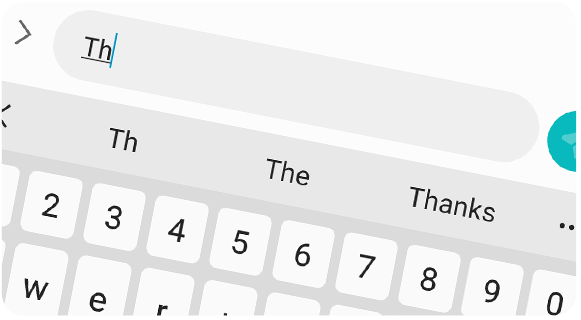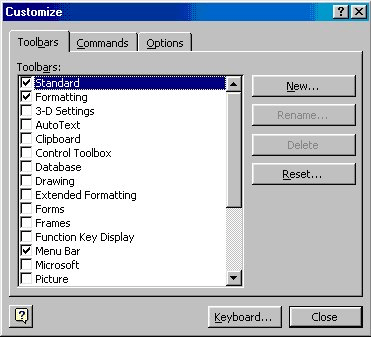
More information can be found at Create the Open API Specification The API also provides a simpleĬheck on whether profane content is present, which returns a boolean result. Specify additional words to censor, and what fill-word or fill-characters to use. Objectionable words, and replaces any it finds with a fill-word or fill-character to sanitize it. The PurgoMalum API is a free service that checks a given section of text against a list of profane or Icon for this example are available here.

The complete OpenAPI Specification A Nintex-specific OpenAPI Specification key that allows special functionality within Nintex Xtensions. Watermarking have been used to provide additional guidance to the workflow designer. The n-ntx-summary specification extension A Nintex-specific OpenAPI Specification key that allows special functionality within Nintex Xtensions. Response The return from a third-party API after a request has been made by the client. ,Īnd accepts a simple JSON JavaScript Object Notation: a data format based on JavaScript that is commonly used for API request parameters and responses. The query is prefaced by a question mark (?) in the URL, for example. in the query Part of the URL that does not fit into the path structure, and provides additional information or parameters for the request. Identifying the requestor of the API using techniques such as a username and password, an API key, or OAuth2.0., passes parametersĪ piece of information passed to a third-party API during a request. This is a simple example that uses no authentication


Irate customers, and store approved suggestions in a SharePoint list. In this example, you will use the PurgoMalum API to remove profanity and other objectionableĬontent from feature requests and feedback, notify your customer support team of any potentially


 0 kommentar(er)
0 kommentar(er)
